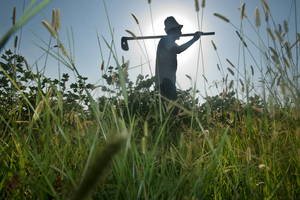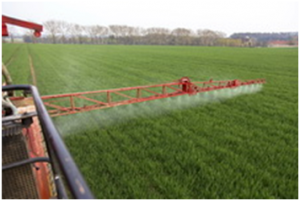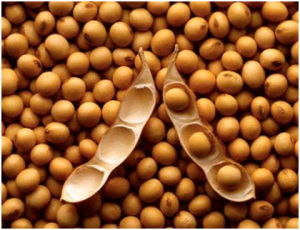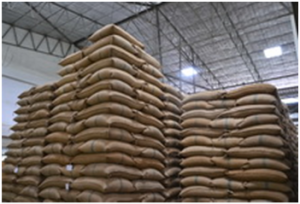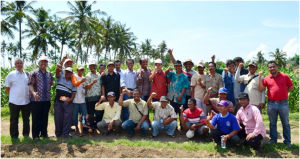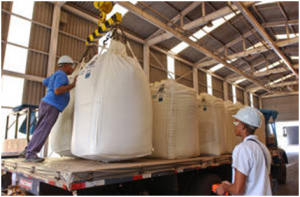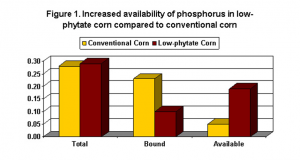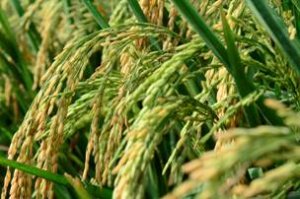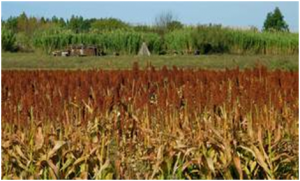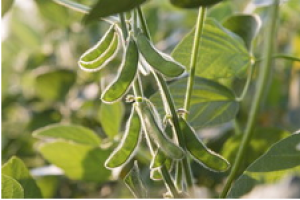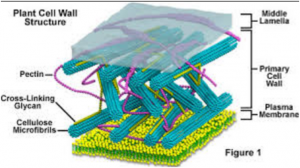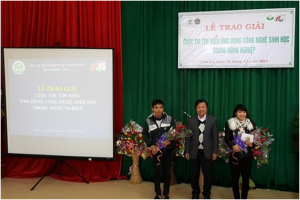|
Earth biogenome project holds solutions for agriculture`s future
Wednesday, 2018/05/02 | 09:50:45
|
|
The U.S. Department of Agriculture (USDA) has partnered with the Earth BioGenome Project (EBP) in an effort that will yield millions of powerful new solutions to agriculture's challenges. EBP is an international cooperative initiative to sequence in the next 10 years the DNA of more than 1.5 million species—those more complex than bacteria—representing the world's biodiversity.
EBP is calling scientists to sequence the genomes of 9,330 species, one of each plant, animal, and protozoan taxonomic family as reference genomes in the first three years. In years four to seven, the plan calls for sequencing the genome of one species from each genus—the next taxonomic division finer than family for a total of about 150,000 genera. The remaining 1.5 million species would be sequenced in the final four years of the project. So far, scientists from around the world, individually and in various networks, have sequenced the genomes of about 15,000 species, less than 0.1 percent of all life on Earth.
"The benefits that will come from increasing our knowledge and understanding of the genomes of the Earth's biodiversity will be monumental, especially for agriculture," explained Kevin Hackett, senior national program leader for entomology with USDA's Agricultural Research Service (ARS). Hackett is one of only three federal members on the 23-person EBP steering committee, representing agriculture. As an example of the importance of the project to agriculture, Hackett pointed out that insects destroy one-fifth of the world's crop production annually and would do worse without pesticides. Control of insect devastation is an ongoing struggle, and pesticide resistance is an ever-evolving problem, requiring researchers to look constantly for new ways to tackle the issue.
For more details, read the research news from USDA ARS. |
|
|
|
[ Other News ]___________________________________________________
|


 Curently online :
Curently online :
 Total visitors :
Total visitors :

